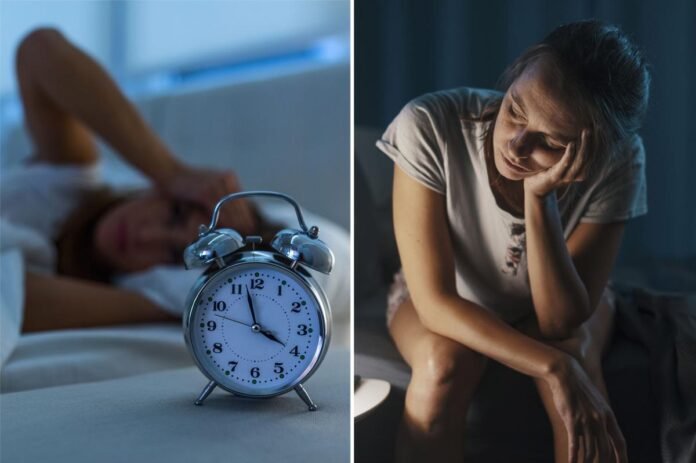A naturopathic doctor named Dr. Kara made a TikTok clip that has taken the internet by storm, explaining why timing your sleep can make a huge difference to your rest. She talks about the “second wind” – a natural spike of alertness that can pop up in the evening and throw your hormones off balance.
In the video, Dr. Kara says that if you hit the pillow between 11 p.m. and 1 a.m., you’re hurting the fight‑and‑flight hormone cortisol and the sleep‑inducing hormone melatonin. “When you try to sleep after 11 p.m., cortisol can rise again, bumping melatonin back down and causing you to wake up later,” she says. The result? Poor sleep quality and a lower chance of falling into deep, restorative stages.
Her advice? Aim to be asleep by 10:30 p.m. That’s the sweet spot for most adults because it keeps cortisol low and allows melatonin to peak, leading to deeper REM sleep. Sleep experts agree that night‑owls who stay up past 1 a.m. often feel tired and jittery in the morning.
Matthew Beard, who heads the sleep‑tracking company A.H. Beard, confirms that the second wind is real. “It’s tied to our circadian rhythm,” he told news.com.au. “When you’re in that alert window, going to bed can make it harder to drift off and shorten your sleep cycle.” He says the best bedtimes vary by age and lifestyle, but most adults do well around 10–10:30 p.m.
For people who need to shift their schedule, Beard recommends small changes: move bedtime 15–20 minutes earlier every few nights. “Cut back on bright screens and blue light an hour before bed, do something relaxing like reading or gentle stretching, and keep a consistent wake‑up time,” he advises. Avoiding caffeine or heavy meals late in the evening also helps reset your natural rhythm.
A new study from the Woolcock Institute in Sydney, published in PLOS Biology, added fresh insight into sleep patterns. The researchers used artificial intelligence on data from 770 young adults and identified five “sleep profiles.” These include:
- Poor sleepers – anxious and restless at night.
- Sleep‑resilient – good sleep despite life’s challenges.
- Short sleepers – getting less sleep but feeling irritable or forgetful.
- Sleep‑aid users – relying on medications or supplements.
- Disturbed sleepers – affected by alcohol, dehydration, or smoking.
Each profile shows different brain‑activity patterns, suggesting that sleep issues may stem from specific biological or emotional factors. The research offers hope that doctors could spot early signs of anxiety or depression and customize sleep treatments accordingly.
For those who love late‑night scrolling or have a hectic schedule, this science-backed advice is a handy reminder: timing your sleep matters. By aligning bedtimes with your body’s natural rhythm—ideally before 11 p.m. and definitely by 10:30 p.m.—you can improve sleep quality, wake up refreshed, and fight the second wind before it derails your night.
Source: New York Post
Stay informed on all the latest news, real-time breaking news updates, and follow all the important headlines in world News on Latest NewsX. Follow us on social media Facebook, Twitter(X), Gettr and subscribe our Youtube Channel.



